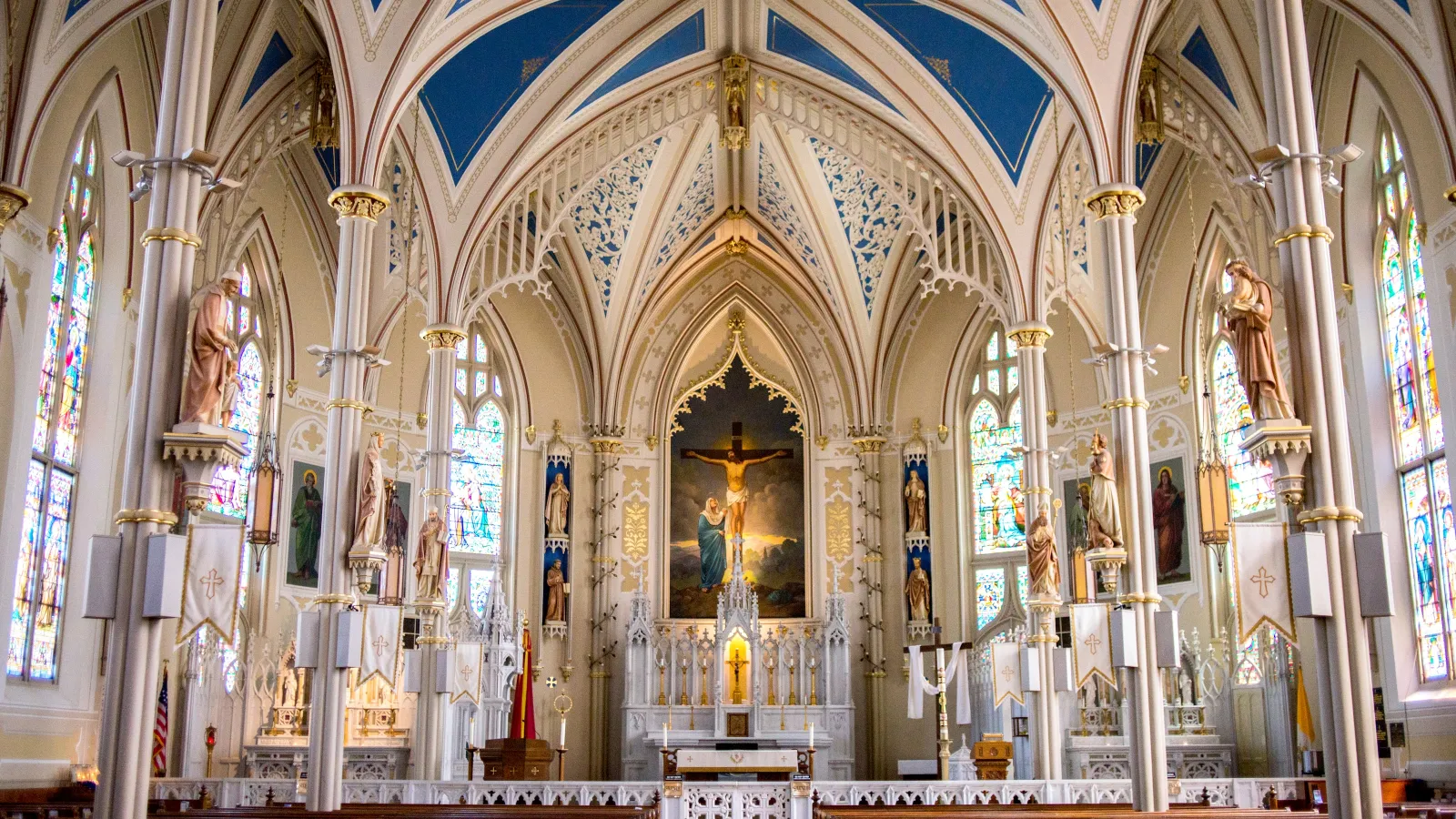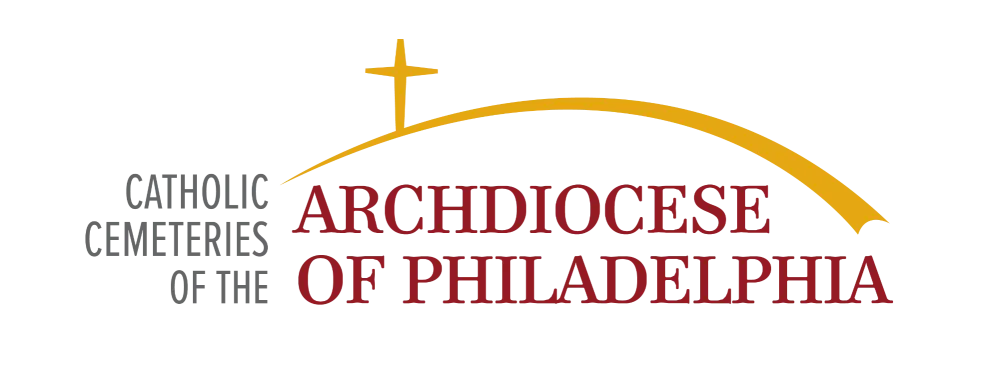Being listed as an organ donor is one of the most selfless acts imaginable. The act of donating organs, or even your entire body, to medical science after your death can and does save countless lives, and there is a real need for more people to step forward and donate their organs after death.
However, some people may be reticent to do so because they have fears it might fly in the face of their religious faiths. Funeral rites of different world religions can vary greatly, and it's not uncommon for some, or even many, to have strict rules regarding the disposition of the body, including whether it must be intact before burial or cremation. Roman Catholicism, as one of the world's major religions, does have some unique views, so let's go over some Catholic answers for donating your body to science.
The Official Stance of the Church
The Roman Catholic church does indeed have an "official" stance on whether Catholics can donate organs after death. In fact, the Vatican has taken steps to directly address the practice, stating unequivocally that the act of donating organs and tissues is a great act of love and charity. This extends to transplants as well, as the Church has ruled that they are both morally and ethically acceptable.
Much of this comes from Evangelium Vitae , an encyclical published in 1995 by the beloved Pope John Paul II. In the work, John Paul expressly states that "there is an everyday heroism, made up of gestures of sharing, big or small, which build up an authentic culture of life. A particularly praiseworthy example of such gestures is the donation of organs, performed in an ethically acceptable manner, with a view to offering a chance of health and even of life itself to the sick who sometimes have no other hope."

An Ethically Acceptable Manner
The key phrase in whether Catholics can donate organs is in the ethically acceptable manner. What this means is that organ transplants must be done in specific contexts, most notably out of love and respect for the dignity of the person both receiving the transplant and the donor. Organs and tissues must therefore be truly donated and not offered for sale, as this means they are given as a gift of love. Likewise, who gets donated organs need to be fair - considerations of religion, social standing, sex, age, or any other variables should never be part of the decision.
Additionally, the most crucial distinction that the Church has made when it comes to Catholic organ donation after death is that the donor - or the donor's next of kin - needs to give informed consent. Also, any organs or tissues removed for donation must be done only after the body has experienced brain death to ensure organs aren't harvested from individuals who might still recover. Such instances are, of course, incredibly rare, but the Vatican is taking no chances.
Does Organ Donation Interfere with Catholic Funerals?
Because Roman Catholicism so wholeheartedly embraces the idea of organ and tissue donation, there are few to almost no ways that organ donation can interfere with a Catholic funeral. In fact, since hospitals and medical centers that perform organ donation procedures treat their donor bodies with the utmost respect and care, it's almost never a problem when it comes to providing remains for a Catholic funeral. You can even have a Vigil with an open casket for organ donors. The only exception is when someone chooses to donate their entire body to medical science after their death, as the body is unavailable during this process.
The Catholic Church prefers that the body of the deceased be physically present for funeral rites. This means that while it's still seen as an act of compassion, a Catholic choosing to donate their body to science, can have their funeral temporarily postponed until their remains have been returned to their family (if in fact they will be returned based on the donation). The key takeaway here is that, as long as the body is treated with dignity and respect, delaying the funeral until the body is returned (or having it without the body) is a valid option.
While You're Here - Did You Know?
One of the greatest gifts we can leave our loved ones is to remove the stress of planning a funeral for us.
Advanced planning allows you to select the details of your own funeral — from the type of burial to the inscription on your headstone — decades in advance. This benefits everyone by:
- Allowing you to tell your life story your way
- Saving years of inflation-related cost increases
Learn more about the gift of advance planning now.
- Sparing your family the stress of having to choose what you would have wanted and determining how to pay for it.
Can You Have a Funeral without a Body?
It is possible that a body may be returned to the family if the entire body is donated to science. However, there are some instances where this may not be possible. This doesn't preclude you from receiving a Catholic funeral, however. After all, there are countless instances where the remains of a Catholic might not be available, such as when the nature of the person's death precludes remains being left behind (such as missing persons that are declared dead).
The truth is that there is no requirement for the remains to be present during a Catholic funeral. The Church simply holds a memorial Mass, which is virtually identical to a funeral Mass except for the absence of a casket or a cremation urn. There is, of course, no actual burial, as there are no remains to inter, but this doesn't interfere with the Mass. In many ways, the funeral or memorial Mass is primarily for mourners to offer up their prayers to the deceased, which is why there is no hard and fast requirement that the body be present - though it is always preferred whenever possible.
Additionally, despite some myths to the contrary, cremation is not forbidden in the Catholic faith. If a body is cremated after organs are donated, or after an entire body is donated to science, a funeral can still be had in the traditional method. The Church simply asks that you inter the cremated remains as you would a body.
So, Can a Catholic Donate Their Body to Science?
Listing yourself as an organ donor in the event of your death is an incredibly noble act. As a final gift for those you leave behind, donating your organs and tissues to those in medical need, or your entire body for crucial medical research, is the ultimate act of love - and this answers the Catholic Church's reasoning on donating your body to science. It's also why organ donation usually doesn't affect Catholic funeral rites. As long as your remains are handled with the dignity and respect they are due, you can receive a Catholic funeral regardless if those remains are ultimately returned to your family.
Another selfless act of love is to plan your own memorial ahead of time. None of us like to think about our own passing (hopefully decades away), but by planning and even pre-paying now, you can save your loved ones from additional stress during their time of grief.
No need to determine what you would have wanted, to try to arrange everything while grieving, to figure out how to pay for everything. All details will have already been taken care of, to your exact preferences, and at a lower cost versus years or decades of inflation.
